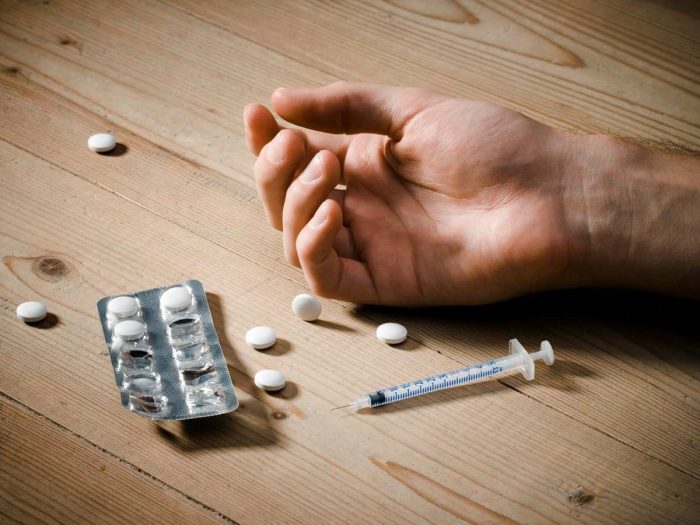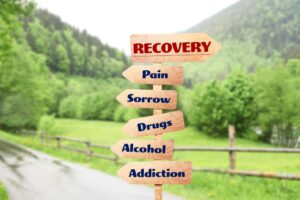Just like every other disease, drug addiction harbours many signs that are indicators of progress or success. While these signs may be pointers of drug abuse, exhibiting one or more signs doesn’t mean that the person is a victim.
The common signs are:
- Dwindling eating patterns resulting in fluctuating weight.
- Peculiar odour on someone’s outfit or clothes
- Hyperactivity characterized by alertness and garrulousness
- Weird marks and bruises on addict’s body
- Change in personality traits and unusual attitude
- Lethargy and unfounded tiredness
- Avoiding old friends, and spending time with new friends in new spots
- Lack of interest in previously important activities and events
- Poor attendance and lack of productivity at the place of work or at school
- Withdrawal symptoms – from family and circle of friends
- General absent-mindedness and loss of attention plus distraction
- Low self-esteem and lack of motivation
- Regular mood swings and defence when questioned
- Frequent aggressiveness and violence in behavioural pattern
- Dips and highs in a mood which can be mild to extreme
- Paranoia in thoughts and ideas from time to time
- Uptight attitude and issues with privacy – such an individual has a tendency to lock doors. This is exhibited by secretive behaviour
- Dishonesty and possible theft practices
- Fluctuations in personal hygiene practices. An example is reduced frequency in bathing
What to do when you suspect an addict around you
You have to talk to addicts around you when you notice certain patterns in their behaviour. Usually, addicts have a tendency to deny the damage that the addiction has done to their body system. If they cannot see the harm done, someone close to them can point out the extent of damage caused by the substance.
In such a case, do not be judgemental or accusatory. It is best to be approachable and open-minded. Express genuine concerns about wanting to help the addict to get rid of their addiction. This will encourage the addict to be open-minded and connected with you. You can also conduct proper research on the type of help to render an addict. Examples of what to research on include rehab centers and local drug dependency services.
Treatment of drug addiction
There are different types of test available for drug addicts which can come in form of counselling, medication, group therapy, detox programmes, complementary therapies, rehabilitation centers, day patient treatment centers, and residential rehab clinic.
Non-cognitive therapies are treatment plans that can assist the addict to process their emotions and feelings. Also, behavioural patterns of the individual will be mapped. Eventually, these processes help to determine the likely triggers of the progressive disease of addiction.
That said, the addictive processes can be stopped when one is enrolled for therapeutic programs determined after non-cognitive therapies.
The luxuries and amenities of the facility should not be factors for not selecting a facility. Rather, the philosophy and methodologies of the facility should be researched. By their principles and treatment practices, you will know the best facility that can offer the required treatment that you desire.




